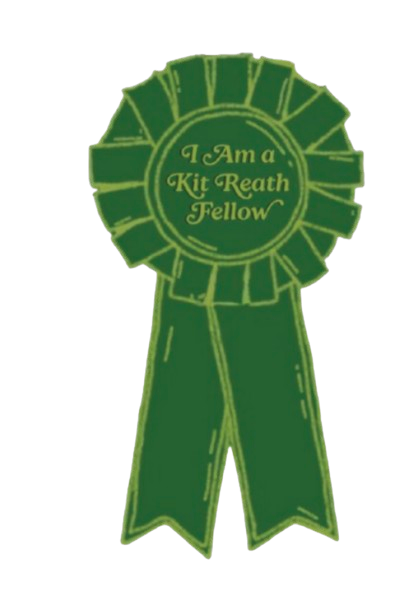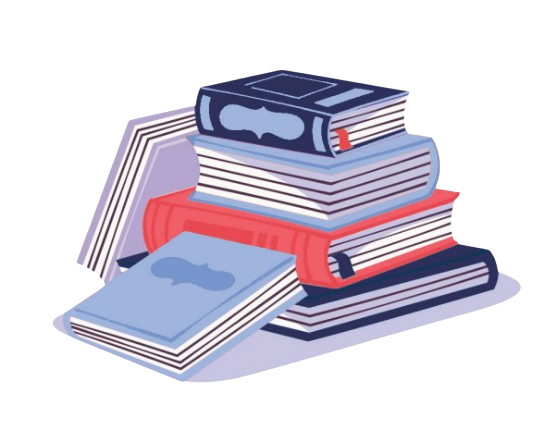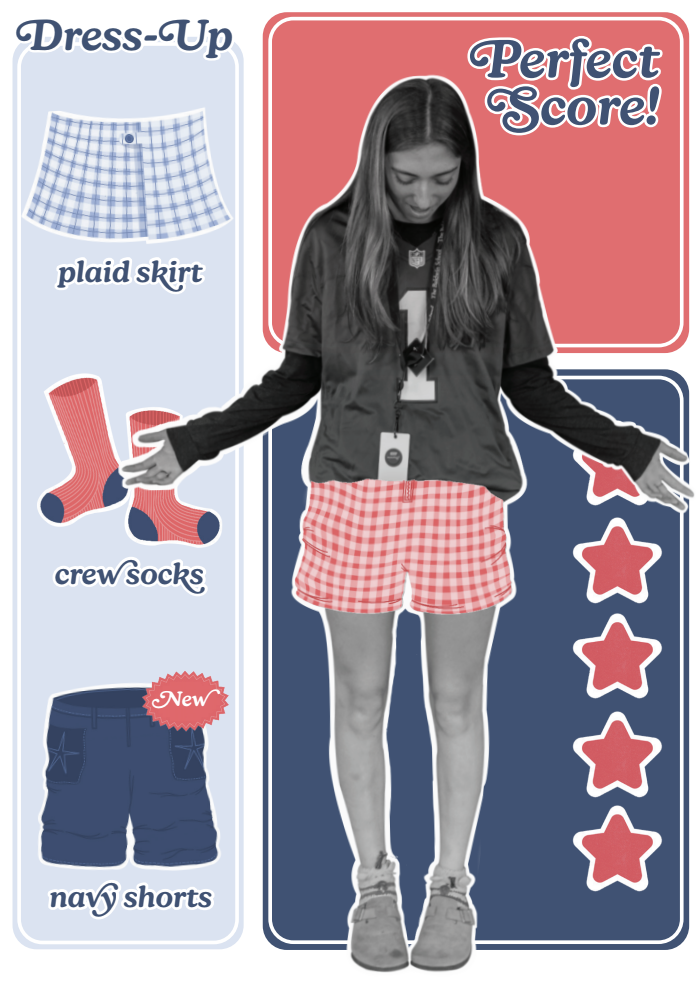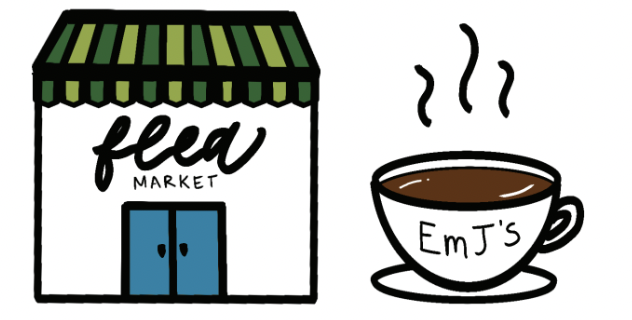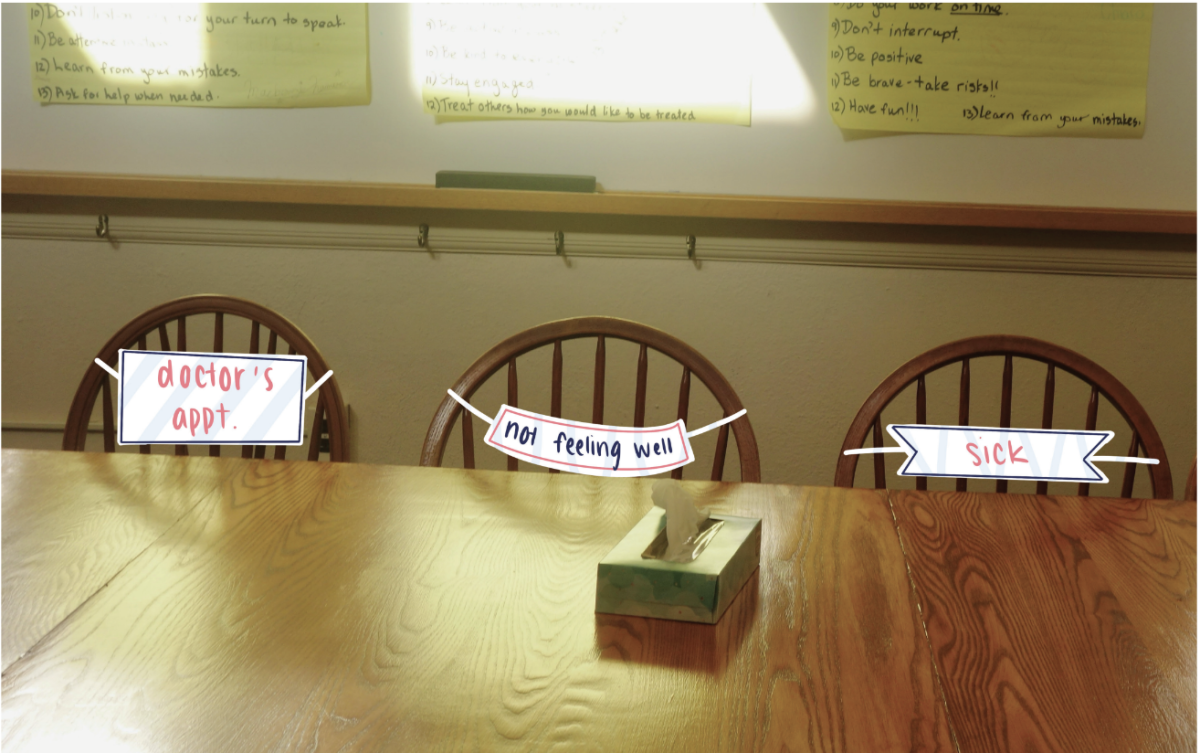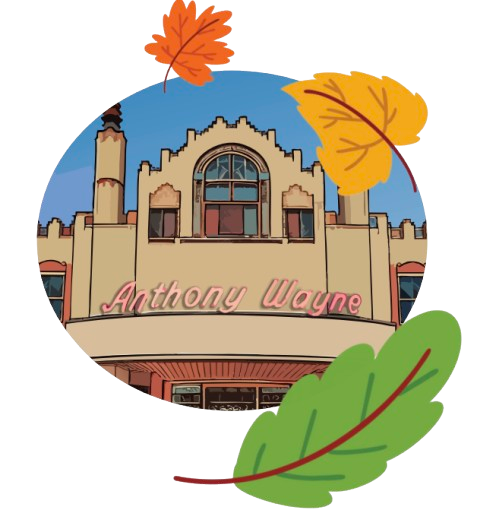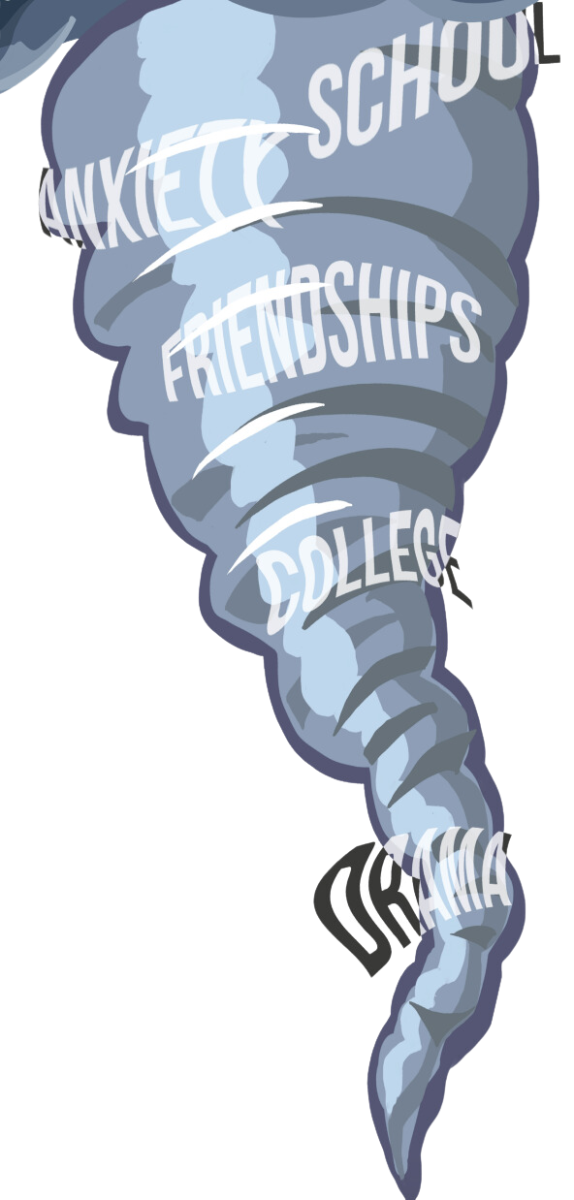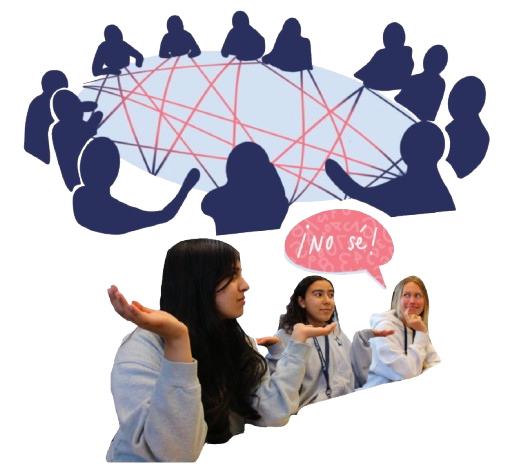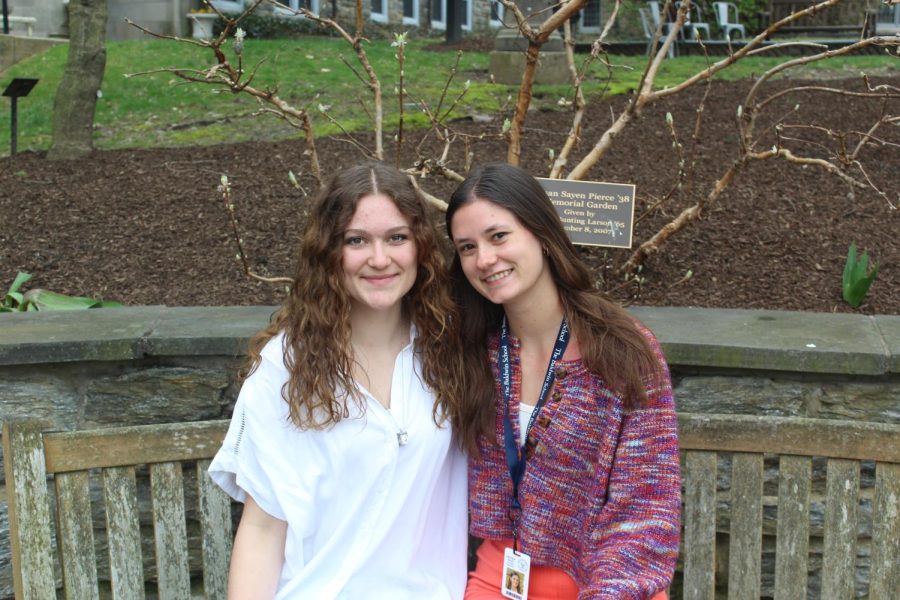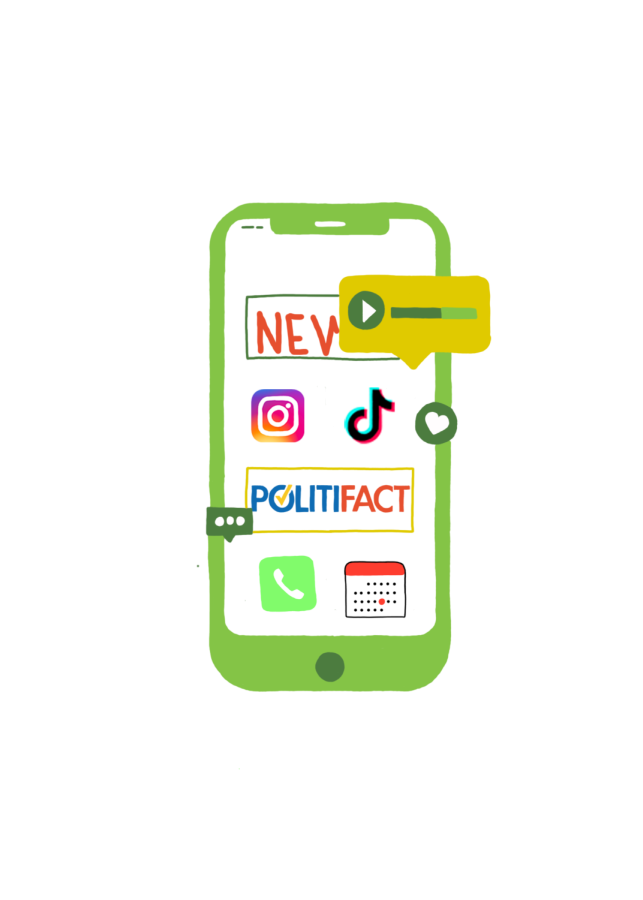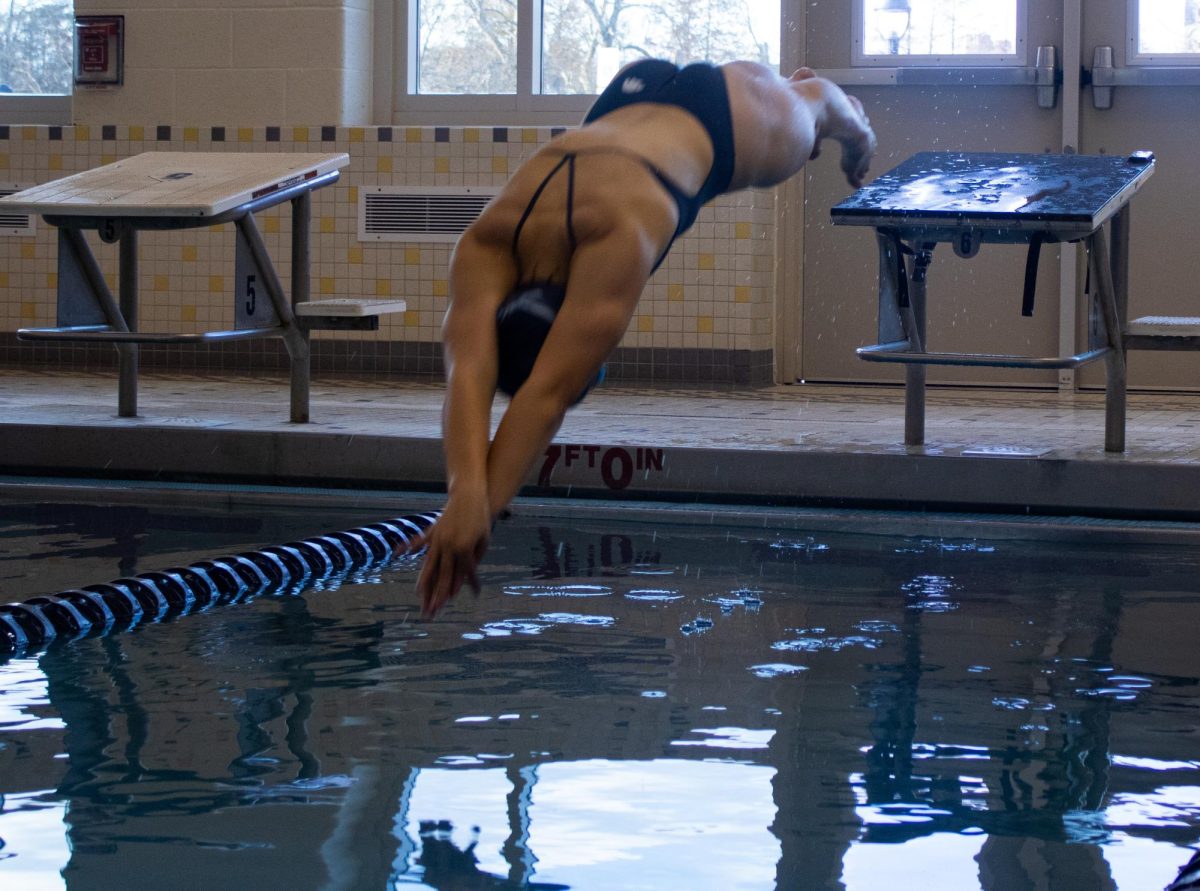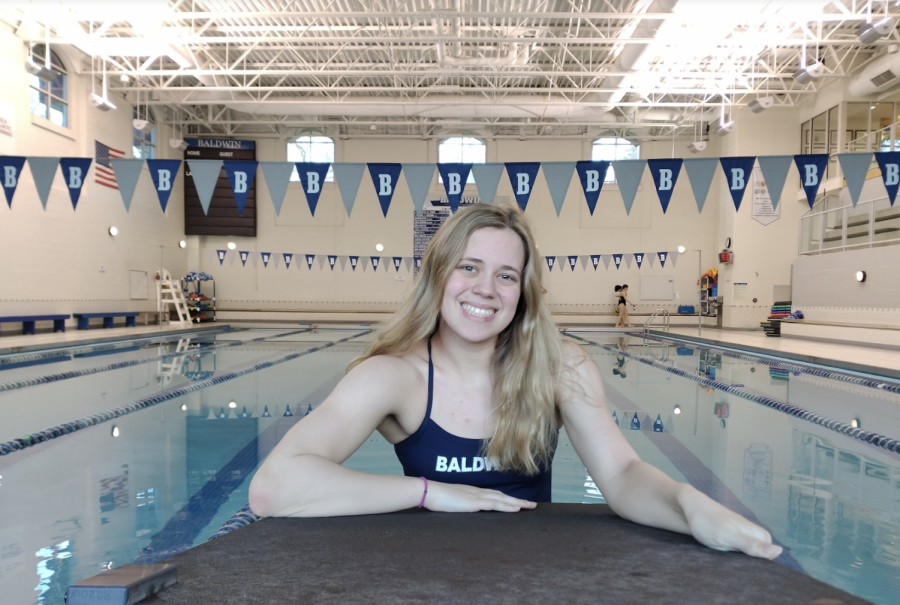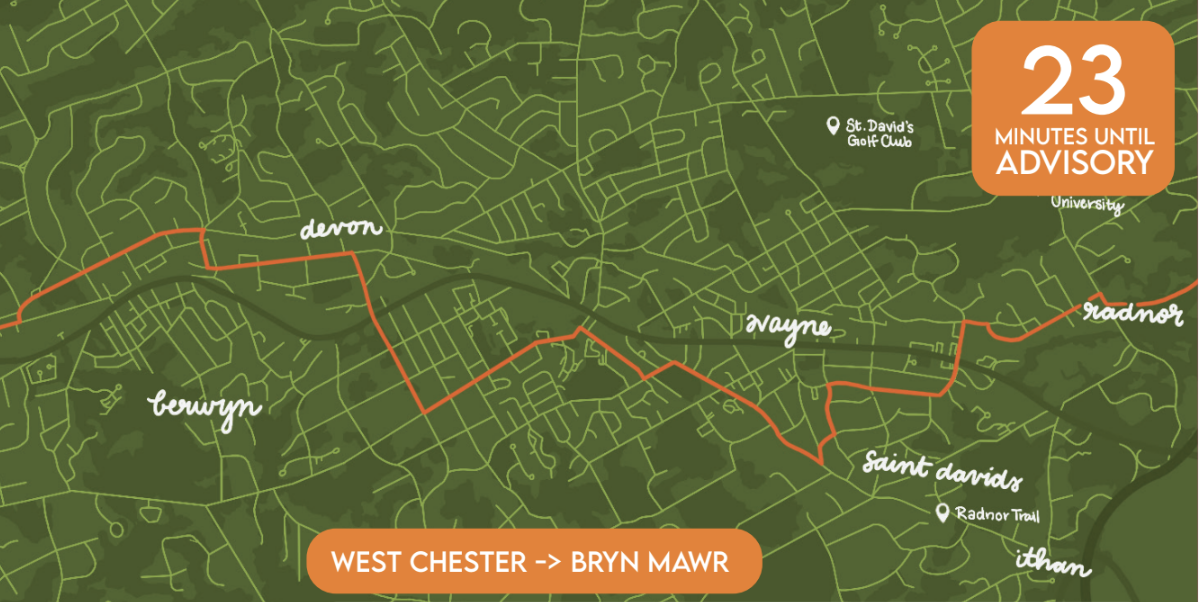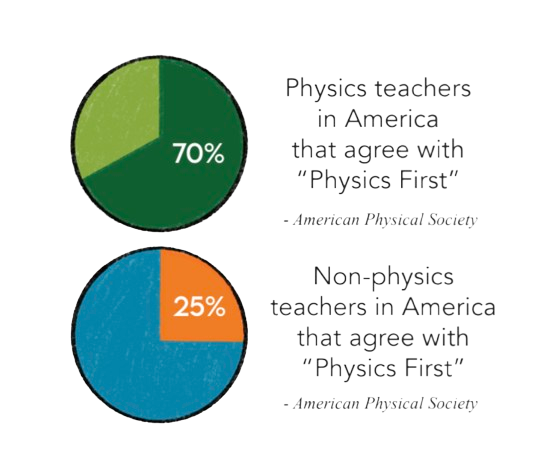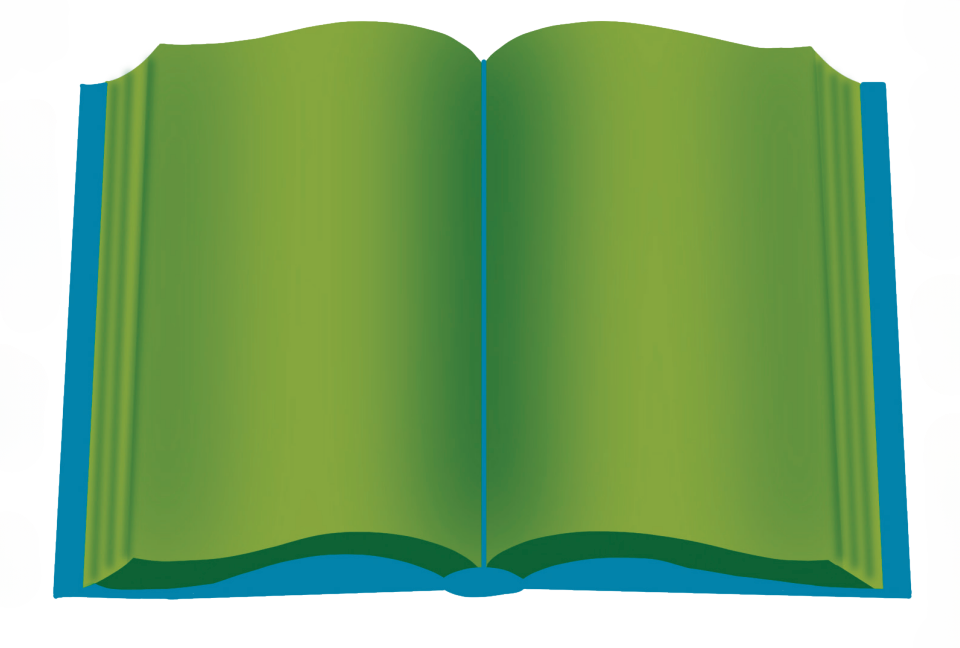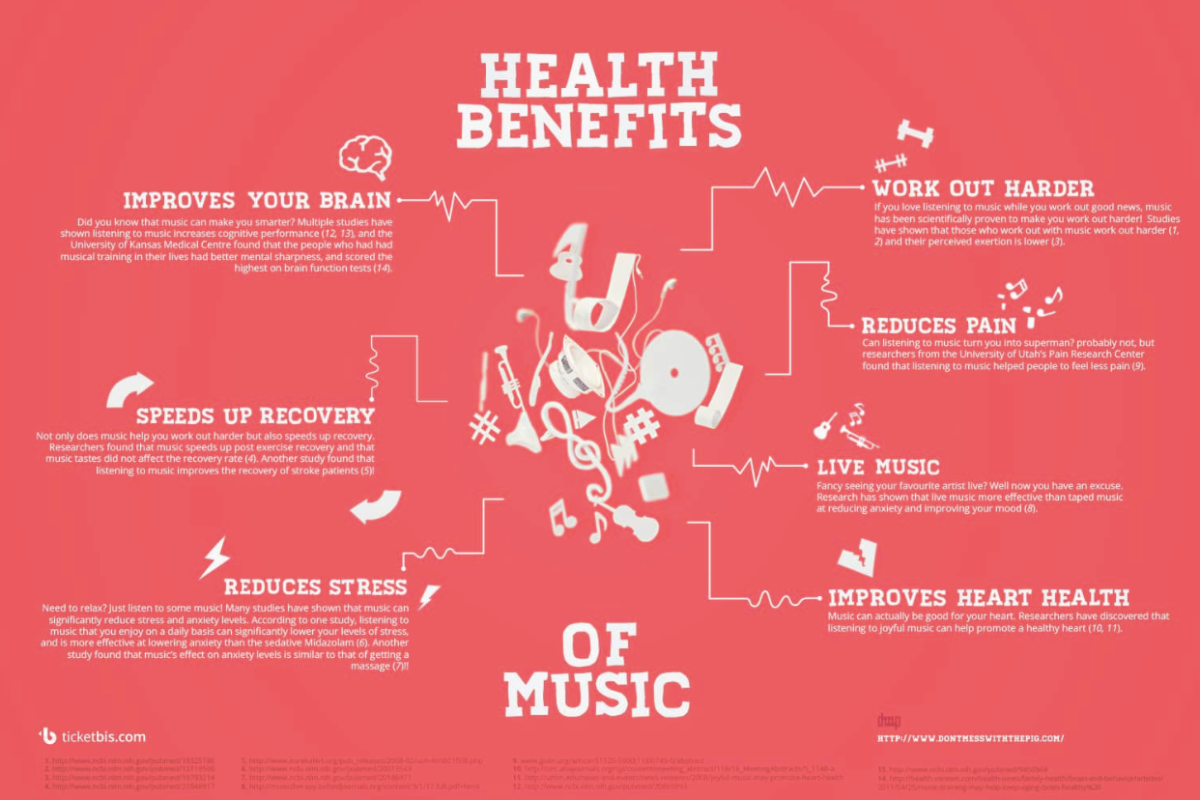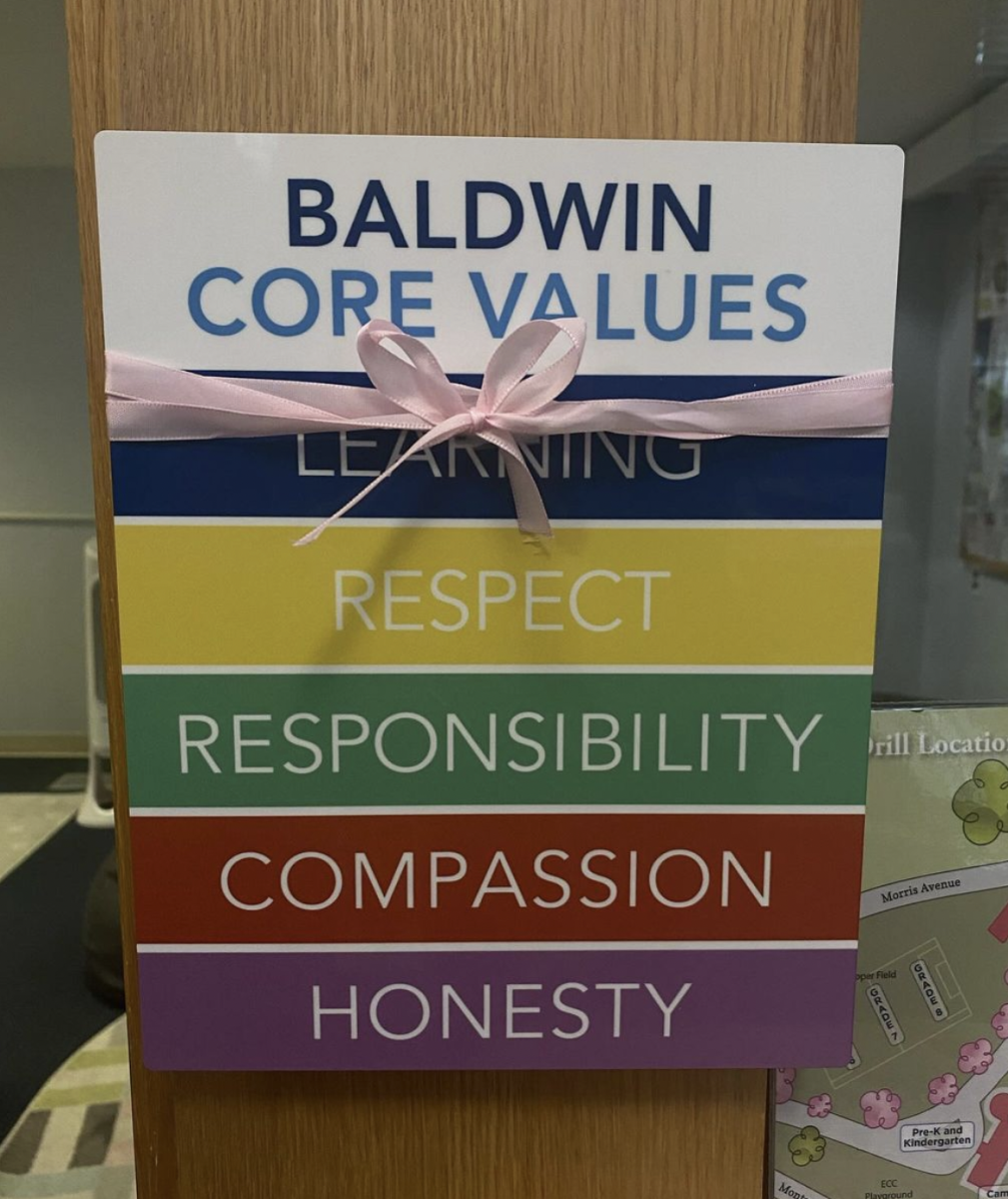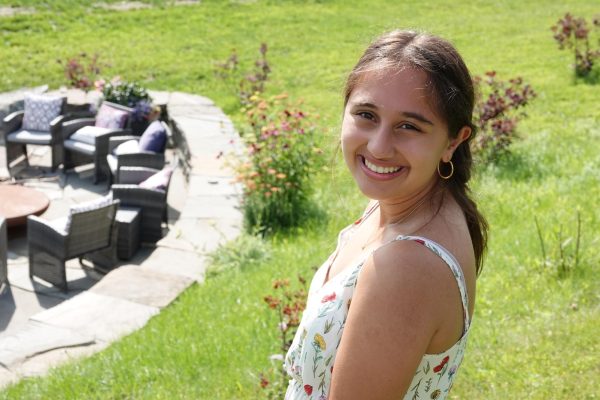Reduce, reuse, recycle. It’s a common refrain for many people since childhood. Yet it seems recycling is still a mystery for many: What do the triangles with numbers mean? Can I recycle a pizza box?
The general process of recycling is complex from beginning to end. Unfortunately, the United States also has many other kinks in its system.
When items arrive at a recycling facility, employees and machines sort the types of material. However, sorting requires employees to quickly remove contaminated or unrecyclable items from a conveyor belt, so large amounts of these items slow down the process, according to Green Philly.
If you see plastic with a triangle with a number inside, that does not necessarily mean it is recyclable. Only plastics #1, 2, and 5 can be processed in Philadelphia. The curing process of certain types of plastics creates tough chemical bonds that make them much more difficult to remold, according to SL Recycling.
Ms. Rita Laychock, Middle School Science and Upper School Environmental Science teacher, emphasized confusion around recycling plastic bags.
“Plastic bags are one of the worst things people can try to recycle because they can get in the way of the machinery and clog things up,” Laychock said.
Furthermore, Darby Hoover, a recycling expert at the Natural Resources Defense Council, mentioned a phenomenon in National Geographic: “wish-cycling.” This is loosely defined as the hope that an item is recyclable and tossing it in the bin. If you are unsure about the recyclability of your trash, the common phrase is typically: when in doubt, throw it out.
At Baldwin, recycling is a work in progress. Last year, the Upper School Enviro Club made an initiative to add blue recycling bins around campus. However, many classrooms have only a recycling bin, only a trash can, or neither.
This year’s Enviro heads Lauren Halak ‘24, Aubyn Mackey ‘24, and Emily Sidlow ‘25 are working to solve that problem.
Earlier this year, they surveyed every classroom in the School House, taking note of which bins they had. They’re working with facilities to add the missing bins soon, and beginning to work with the faculty sustainability committee to change Baldwin’s waste management program.
The three teachers on the committee are Ms. Heather Wilson, Ms. Emily Woodward, and Ms. Laychock.
Currently, Baldwin has a contract with Republic Services, the second-largest waste management company in the nation, according to costanalysts.com. After this contract terminates at the end of the year, the school hopes to switch to a company with a higher recycling efficiency rate, according to Ms. Wilson.
Right now, Baldwin is mainly able to recycle cardboard boxes (like those that hold shipments of produce for the cafeteria or chemicals for the science department), Ms. Wilson said. Apart from that, she said her confidence in what is actually being recycled is slim due to the lack of recycling education and therefore high contamination rates in our blue recycling bins.
Furthermore, the bags that line the recycling bins must be a special type that is recyclable as well. Sidlow said that in her Spanish class, the recycling bin had a black (unrecyclable) trash bag and the trash can had a clear (recyclable) liner. This mix-up could cause the black bag to get stuck in the machinery at a recycling plant and have to be removed by hand, slowing down the process.
Next year, the sustainability committee plans to educate faculty, staff, and students about how to recycle, what can be recycled, and what ends up happening to our recycled products, Ms. Wilson said.
For now, Ms. Wilson emphasized the need to reduce and reuse before resorting to recycling, especially while Baldwin’s recycling efficiency is low.

